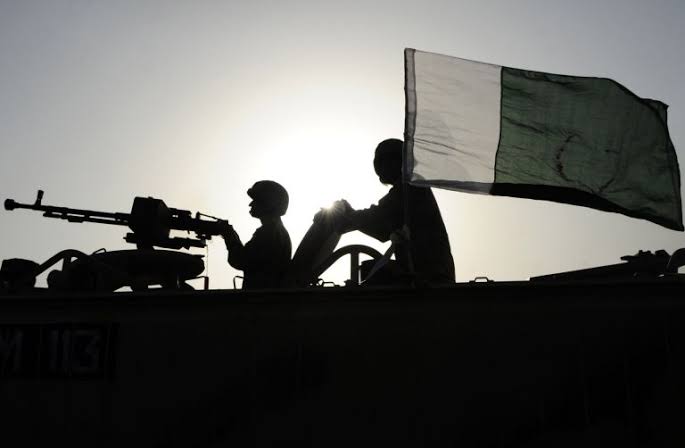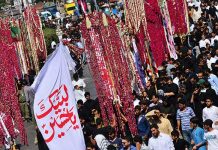By Malik Sherbaz Lehri
Pakistan’s political landscape has been shaped by a recurring pattern akin to the dystopian realm of George Orwell’s “1984.” In a manner reminiscent of Big Brother’s firm control in Orwell’s masterpiece, the Pakistani military has played a pivotal role in orchestrating a systematic “System Uproot” whenever it perceives a challenge to its authority. This Orwellian approach to maintaining power has led to tumultuous political transitions, leaving the nation grappling with uncertainty and apprehension.
Much like Big Brother, the Pakistani military asserts its dominance as the ultimate authority, brooking no dissent or opposition. Each instance of the “System Uproot” involves upending the political system through calculated interventions and manipulation, all while projecting an image of acting in the interest of the nation.
Throughout the nation’s history, the military’s “System Uproot” has been a recurring phenomenon. From the early days of Ayub Khan’s takeover to the later instances of General Zia-ul-Haq and General Pervez Musharraf assuming power, the common thread has been a perceived need to “correct” the political trajectory and bring order through forceful measures.
In the late 1970s, General Zia-ul-Haq’s regime exemplified the implementation of the “System Uproot” strategy when the military intervened to uproot the democratic governance set by elected leaders. The execution of the elected Prime Minister, Zulfikar Ali Bhutto, served as a chilling reminder of the military’s iron fist, aimed at maintaining a grip on power at any cost.
Decades later, in the late 1990s, General Pervez Musharraf’s “System Uproot” marked another chapter in Pakistan’s turbulent history. With civilian leaders like Prime Minister Nawaz Sharif perceived as not adhering to the military’s established norms, the military once again seized control, bringing forth an era of authoritarian rule.
The most recent exercise of the Orwellian “System Uproot” occurred during the rise of Imran Khan, whose ascent to the Prime Minister’s office was not overtly orchestrated by the military. However, Khan’s subsequent actions and policies were closely aligned with the military’s interests, leading to the uprooting of the existing political system that was perceived as a threat to the military’s control.
In this Orwellian landscape, the consequences of the “System Uproot” are far-reaching and severe. The uprooting of the political system often results in the erosion of democratic principles, the stifling of dissent, and the marginalization of opposition voices. Citizens are left grappling with limited political freedoms and a prevailing sense of apprehension, akin to the ever-watchful eye of Big Brother.
The continuous cycle of “System Uproots” raises significant concerns about Pakistan’s democratic future and stability. The nation must break free from this dystopian loop by nurturing a genuine commitment to democratic governance, promoting open dialogue, and strengthening democratic institutions to counter the looming shadow of the Orwellian Big Brother.
As Pakistan navigates its future, it must confront the ominous specter of the Orwellian “System Uproot” and strive to forge a path that upholds democratic values and ensures civilian supremacy. Only by dismantling the cycle of authoritarian interventions can the nation chart a course towards a more inclusive, progressive, and democratic society.






